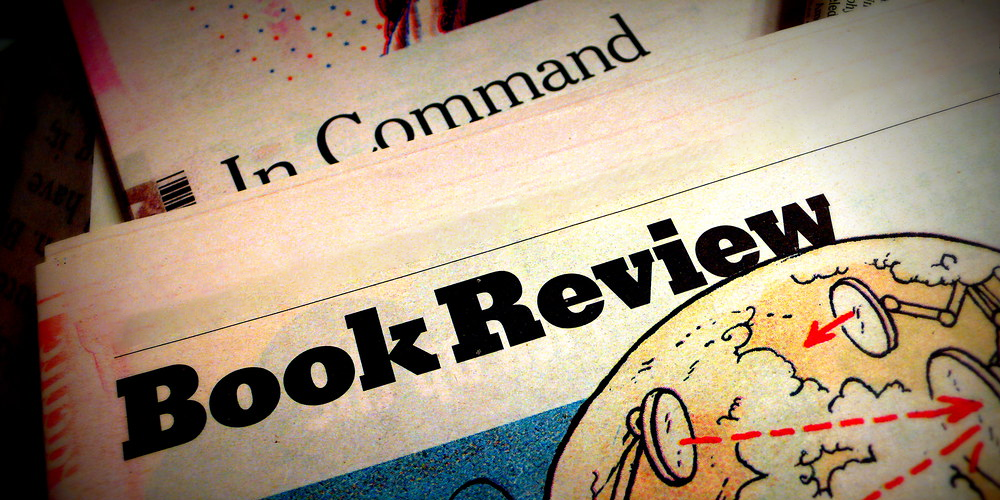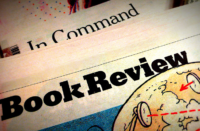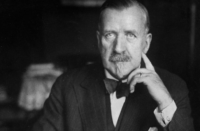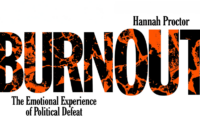“Let us outdate my book”, Ståle Holgersen writes on the last page of his book, Against the Crisis: Economy and Ecology in a Burning World. “We must change reality so that librarians will be able to move this book from the political section to the historical one.” His critical optimism of the intellect is well-grounded, but to get to it, the reader needs to process a thorough analysis of capitalist crises. It is well worth it.
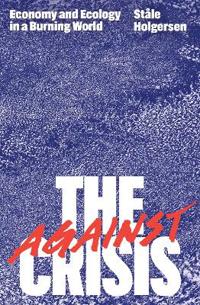
While spanning “a wide range of economic, ecological, social and political fields – across time and space”, Holgersen does not cherry-pick his examples. In his study of the concept of crisis, he embraces the contradictions of crisis and builds his own methodological framework to study the relationship of economic and ecological crises. In Against the Crisis, we read a solid materialist analysis of the crises of capitalism, but without losing the human dimension of the suffering these destructive processes cause for the working class. Against the Crisis puts it in clear, traditional Marxist terms: “Crises have a double function; they both shake capitalism and keep the system alive. Crises both change and consolidate. Capitalism needs the turbulence to survive.” There is no future for capitalism without crisis, and there is no end of capitalism in a crisis. There is also, Holgersen argues, no opportunity in a crisis, as many politicians will readily parrot, from JFK to Norma Foley.
That being said, Holgersen does see opportunity in taking control, fighting the crisis and capitalism that thrives on it. In the last section of the book, he offers “Ten Thoughts on Socialist Crisis Policy”, a solid outline of an ecosocialist programme. It is a balanced vision of actions and goals with a critical perspective on reformist perspectives, but also on degrowth ideas. Sometimes, when taking a critical perspective, Holgersen sacrifices nuance for brevity: in the format this book takes, and the audience it has, this can be justified. Against the Crisis had many bases to cover, many facets of the crisis: the way it consolidates capital, the harm to the working class, fascism, racism, and the politics of environmental crises.
Holgersen is both a good writer and a good reader. Not only does he navigate well through the fundamental works of Marx in elaborating the theory of economic crisis, he also reminds the reader how to approach Marx. “It is of less importance whether Marx was really an eco-socialist, a degrowther, left-productivist or a Promethean. What is crucial, however, is that many of Marx’s analyses of capitalism are absolutely central if we truly want to understand what is happening.” In his analysis of the concept of economic and ecological crisis, Holgersen further builds on a rich tradition of Marxist work. Personally, I was delighted to see the work of Rikard Štajner taking an important place in the foundations of this book.
At the beginning of the preface, there is a reference to Richard Lewontin and Richard Levins. There is something in Holgersen’s writing that reminded this reader of the two cited dialectical biologists: his nuanced treatment of causes of crises, his command of the dialectic, and the engaging writing style contribute to this. Through varying levels of abstraction, he traces the causality of crises beyond the immediate triggers which are be-all and end-all of liberal analysis. An excellent example for this analytic work in disentangling causal links are the references to the Covid-19 pandemic in the book: Holgersen signed his book contract for Against the Crisis at the end of 2019—the events of 2020 spontaneously entered the manuscript in real time, and provided a relevant, contemporary case study.
Against the Crisis (Verso, 2024) by Ståle Holgersen is available from Connolly Books, Temple Bar, Dublin.

